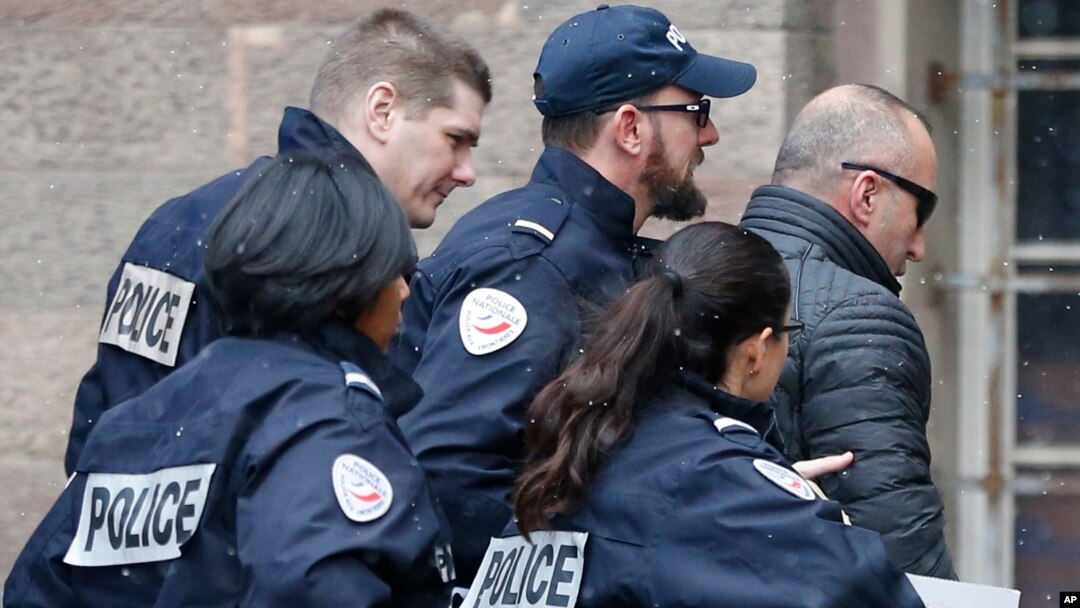A key U.S. diplomat overseeing the Western Balkans urged leaders of Serbia and Kosovo to engage in dialogue and ease their spat over detention of a former Kosovar prime minister and guerrilla commander who is charged with war crimes by officials in Belgrade.
Hoyt Brian Yee, the U.S. deputy assistant secretary for European and Eurasian affairs, told VOA’s Serbian Service Friday that it is important not to allow any incident, whether it is involving an arrest or other bilateral tension, to interfere with the important process of normalizing ties between the neighboring countries.

President of the Alliance for the Future of Kosovo (AAK) Ramush Haradinaj, a Kosovo Albanian former guerilla commander who served briefly as prime minister, speaks during an interview with Reuters at the AAK headquarters in Pristina, Dec. 4, 2012.
Acting on a Serbian warrant, French police on January 4 detained Ramush Haradinaj, 48, a Kosovar opposition leader. Serbian authorities want to try him for offenses related to the 1998-1999 war in Kosovo.
On Thursday, a French appeals court released Haradinaj, but ordered him to remain in France pending a review of a Serbian extradition request. However, Serbia on Friday threatened to refuse to extradite people sought by France if French authorities failed to hand Haradinaj over.
The Haradinaj incident threatens the fragile process of normalizing Serb-Kosovar ties, which would increase the chances of both nations for European Union integration.
Kosovo declared independence with Western backing in 2008, but Serbia still opposes it.
“We urge responsible leaders for the dialogue between Kosovo and Serbia to continue talking and finding solutions,” Yee told VOA’s Serbian Service. “The incident can be resolved through institutions, in accordance with the law in France, or outside of France.”


